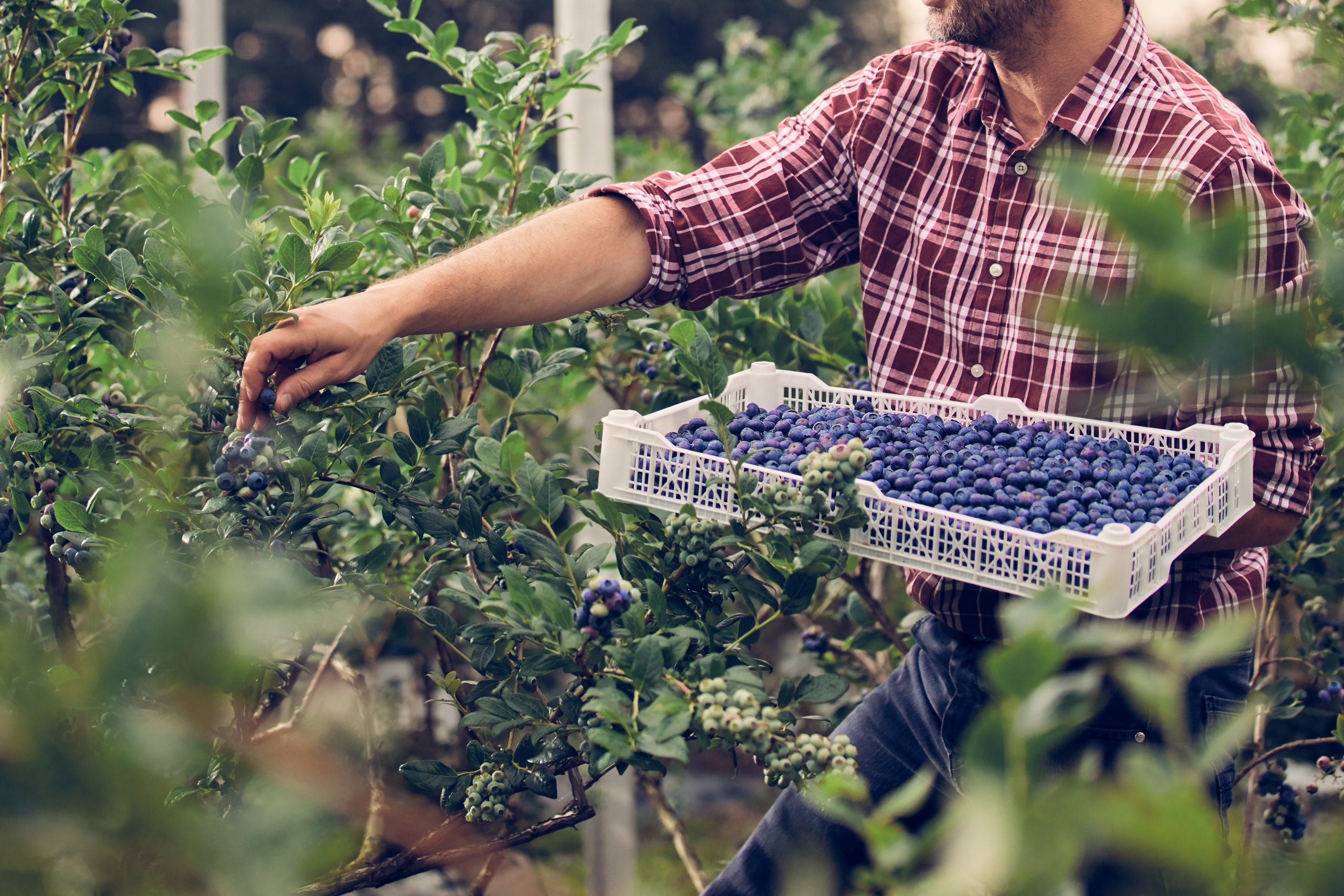Peruvian agro-exporters explore potential of blueberry cultivation in Colombia
Peruvian agro-export companies have begun to explore the opportunities of cultivating blueberries in Colombia. The area devoted to this production in the country has gone from 2 hectares in 2012 to about 280 in 2016, according to official data, and is expected to grow to nearly 870 hectares next year, according to private estimates.

Paola Garcia, ProColombia’s vice president of investment, confirmed the interest that Peruvian companies have in the blueberry. “They still haven’t announced investments, but they are looking at the opportunities.”
Currently, at least five Peruvian companies are already investing in avocado in Colombia, in the Valle del Cauca and the Coffee Region. One of them is Camposol. This Peruvian company, a leader in blueberry exports, has 1,000 hectares in the departments of Caldas, Quindio, and Valle del Cauca; and it plans to quadruple that area by 2022. Another Peruvian company working in Colombia is Agricola Cerro Prieto, which constituted a local subsidiary and is in the process of acquiring two lands, one of 120 hectares and another of 600 hectares, in northern Pereira.
The blueberry is on Cerro Prieto’s agenda. “We will allocate five hectares within the area we are buying to test other species, such as blueberries, blackberries, raspberries, cherries, nuts, and some exotic fruits,” says its general manager, Alfredo Lira. In Peru, the company has 530 hectares of blueberries in Chepen, La Libertad.
New boom?
According to Garcia, from ProColombia, the country’s expertise in the logistic management of flowers, a highly perishable product of which Colombia is the second-largest global supplier, is a factor that encourages foreign investment in blueberries in the country. “Blueberries have practically the same logistics as flowers, so investors are looking for logistic alliances between Colombian companies that are already in the floricultural sector and new international players that have the knowledge and experience in blueberry production,” she said.
ProColombia also highlighted the opportunity of producing the crop at around 2,300 meters above sea level so that the product is sweeter, considering that so far the plantations are concentrated in the department of Cundinamarca, in the center of the country. They also highlighted the potential of exporting the product in the counter season to the United States – the main importer of blueberries, according to Trade Maps – at prices that can get to be four times higher than usual, according to information on the agency’s website.
26/09/2019





